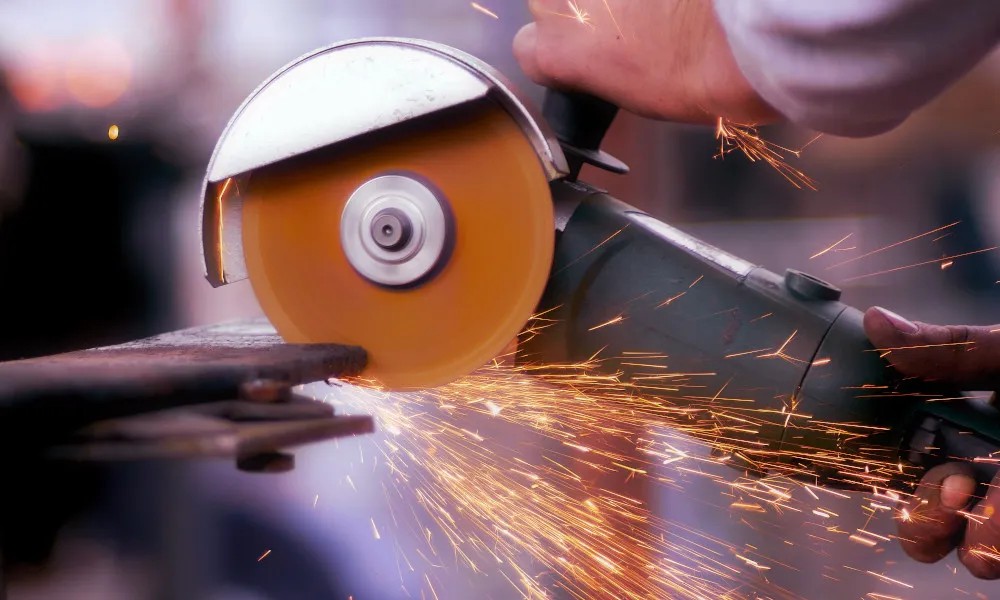


 349,500 Offered Certificates
349,500 Offered Certificates
 24/7 Online Training
24/7 Online Training
 Money Back Guarantee
Money Back Guarantee
 Fully Accredited Courses
Fully Accredited Courses

Created at: 22-02-2025 22:51
Abrasive wheels are common tools used across various industries including construction, manufacturing, and automotive repair. While they are invaluable for cutting and shaping materials, their improper use can pose serious risks to safety. In this blog post, we will explore the various dangers associated with abrasive wheels, identify common causes of injuries, and discuss how proper training, safety equipment, and risk assessments can significantly reduce workplace accidents in cities like Dublin, Cork, Galway, Limerick, and Waterford.
The use of abrasive wheels comes with inherent risks. Understanding these risks is critical for maintaining a safe work environment. Common hazards include:
Injuries sustained from improperly handling abrasive wheels can be severe and may include:
Implementing the following best practices can significantly reduce the risks associated with abrasive wheels:
Safety training is pivotal in minimizing the risks associated with abrasive wheels. Programs available throughout Ireland, such as Abrasive Wheels Certification Ireland and Abrasive Wheels Course Cork, equip workers with the necessary skills and knowledge needed to operate these tools safely. Training should include:
Case studies from various industries highlight the importance of training:
The risks associated with abrasive wheels are significant, but they can be effectively managed through proper training, diligent risk assessment, and the use of personal protective equipment. Employers in Dublin, Cork, Galway, Limerick, and Waterford are encouraged to invest in certified abrasive wheels training programs to ensure they comply with safety regulations and protect their workforce.
Ready to improve safety in your workplace? Enroll in our certified abrasive wheels training course today and take the first step towards a safer working environment in Ireland.
For inquiries, contact us at [email protected].